Happy New Year!
Koreans age one year right on January 1st of every year.
I've heard that some people find it quite intriguing that 51 something million people in one nation all age together at once.
Today we'll explain to you the system behind this strange ageing system!
Whole Nation Ages At Once

The basic rule of the ageing system in Korea is called 'the counting age.'
The counting age is based on the birth year, not the individual's birth day.
Therefore, everyone in Korea gets a year older right on New Year's Day.
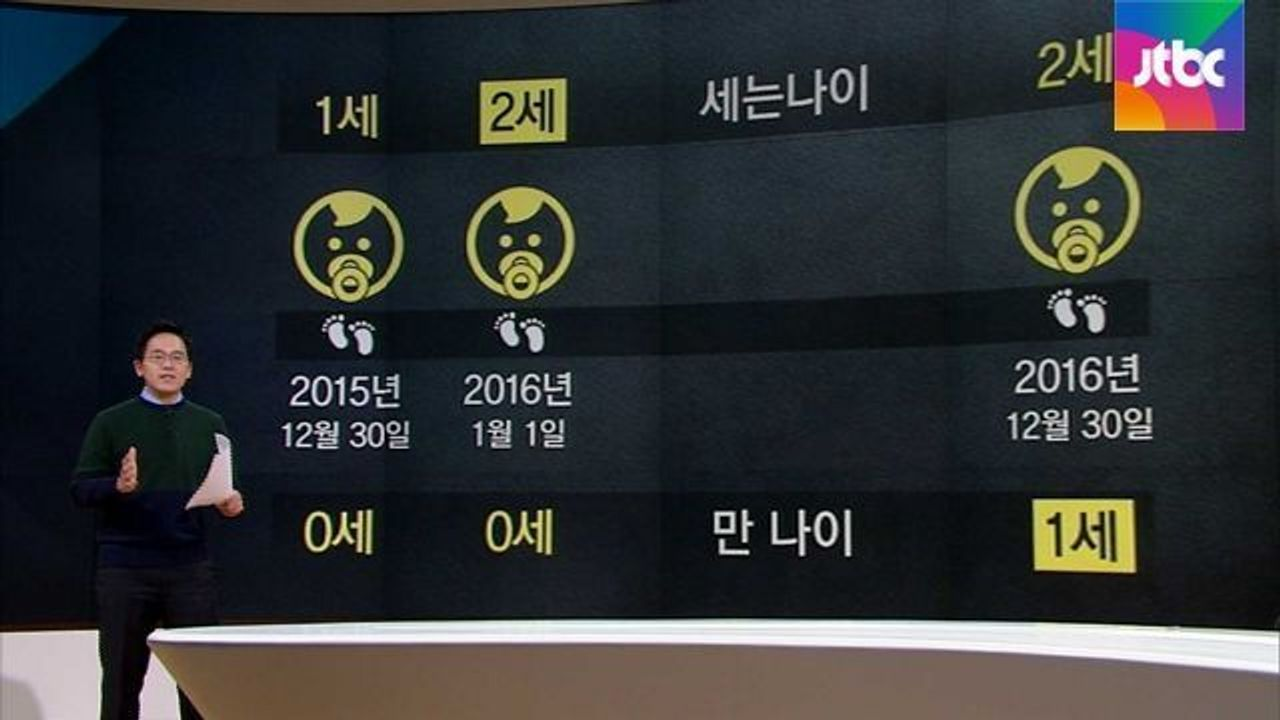
This 'counting age' originated in China and was used throughout East Asia in countries including Korea, China, Japan, Vietnam, etc.
However, this method of counting age is not used in China, Japan, Vietnam and North Korea anymore. The method of counting age is only used in Korea now.
Another terminology for counting age is Korean age!
In legal and medical situations, the international way of ages applies, but Korean age is still applied throughout in everyday situations.
Some find it odd if one uses international age instead of their Korean age in social settings.
Koreans Are One Year Old Upon Birth?
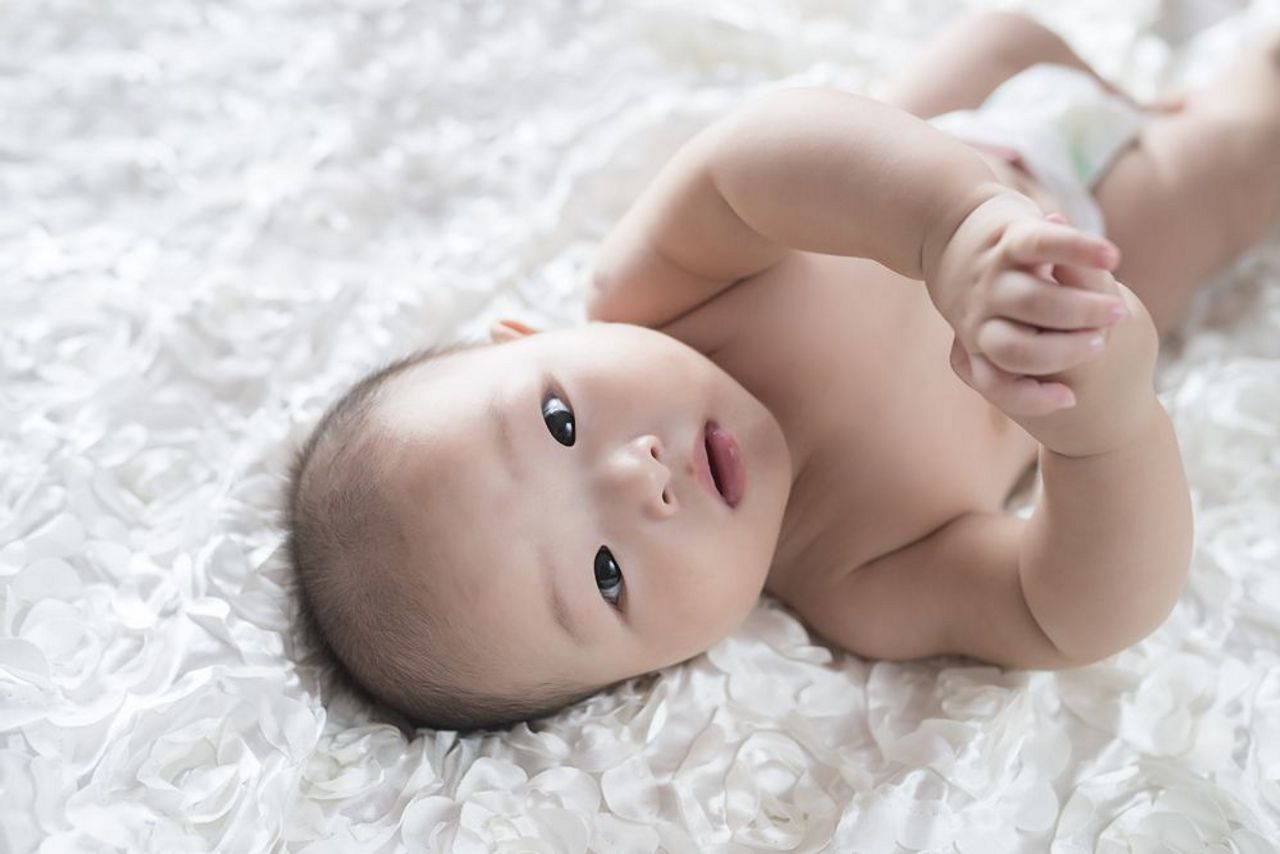
As mentioned briefly in the previous section, Koreans are one year old upon birth.
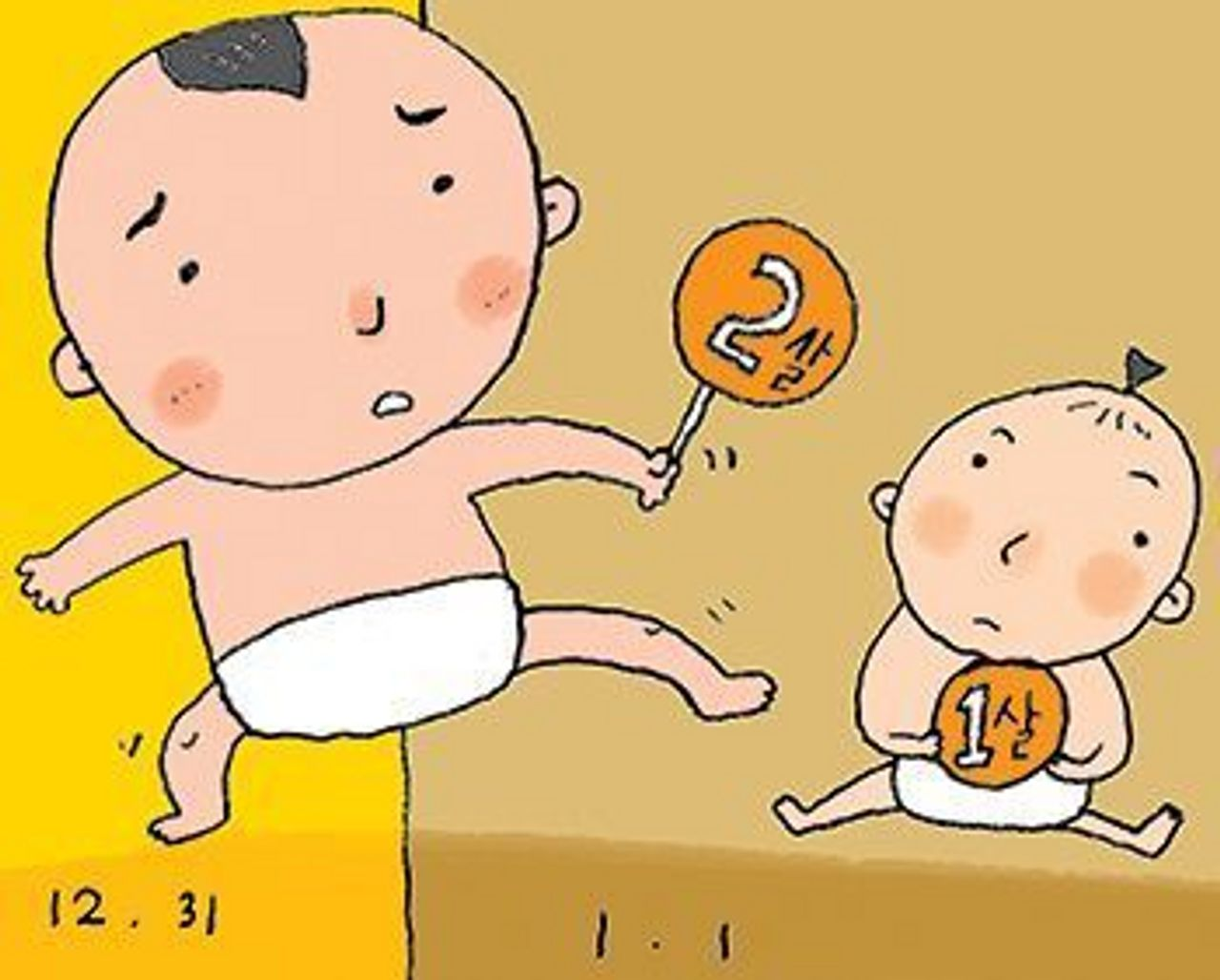
The reason behind that is that they consider the baby's time in their mother's womb as the start of life.
This reason also reflects why Korean moms take prenatal education very seriously.
Generally, the baby in the womb is given a name and the parents often interact with him/her as a way of prenatal education.
Because pregnancy is about 10 months long, they consider the time in the womb as a year.
Calculation Of Age For Administrative Purposes
This method of calculating one's age for administrative purposes is called 'year age.'
This method of calculation is simply taking the current year and subtracting it by the birth year.
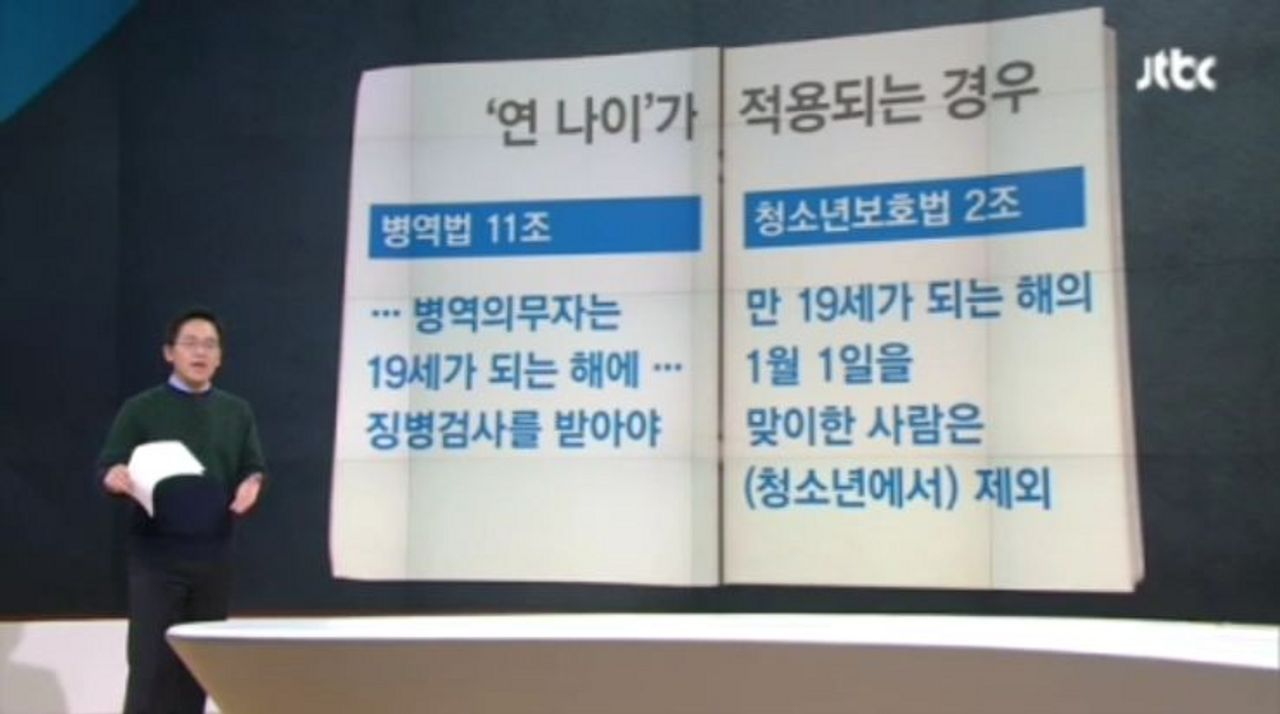
Year age is used for administration related to military services and juvenile protection.
January 1 is the start of eligibility for military duties for people born in that same year.
Similarly, January 1 is the end of protection under the Juvenile Protection Law for those who turned 24 in year age.
For example:
1) Korean C was born in July 5, 1999.
2) Korean C is 20 years in Korean age on January 11, 2018.
3) Korean C is 19 in year age on January 11, 2018.
4) Korean C is 18 years in international age.
As you can see from above, Koreans have three different ages.
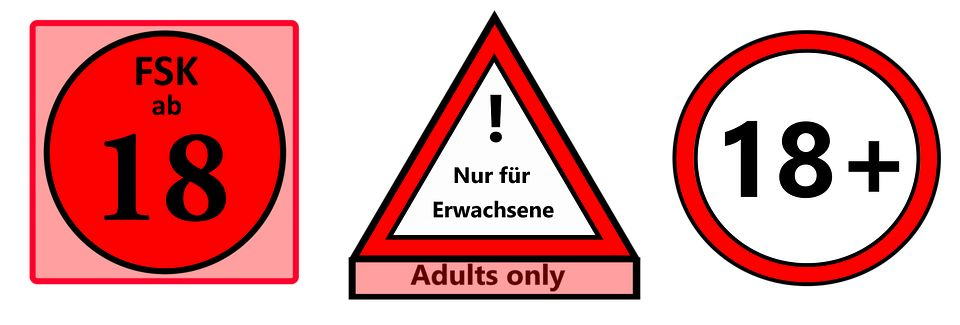
Early Birthdays
Another interesting culture when it comes to age is early birthdays which refers to people born in January and February.

Early birthdays are considered the same age as the ones born between March and December the previous year.
The reason behind this lies in the enrollment time in Korea which is March.
In Korea, kids enroll in elementary school at 8 in Korean age.
Kids born in March the corresponding year to February the next year get enrolled in the same grade.
Lots of people who fall under the category of early birthdays struggle to find the answer to the simple question, "How old are you?"
Many of them answer with "I'm XX Year's early birthday baby."
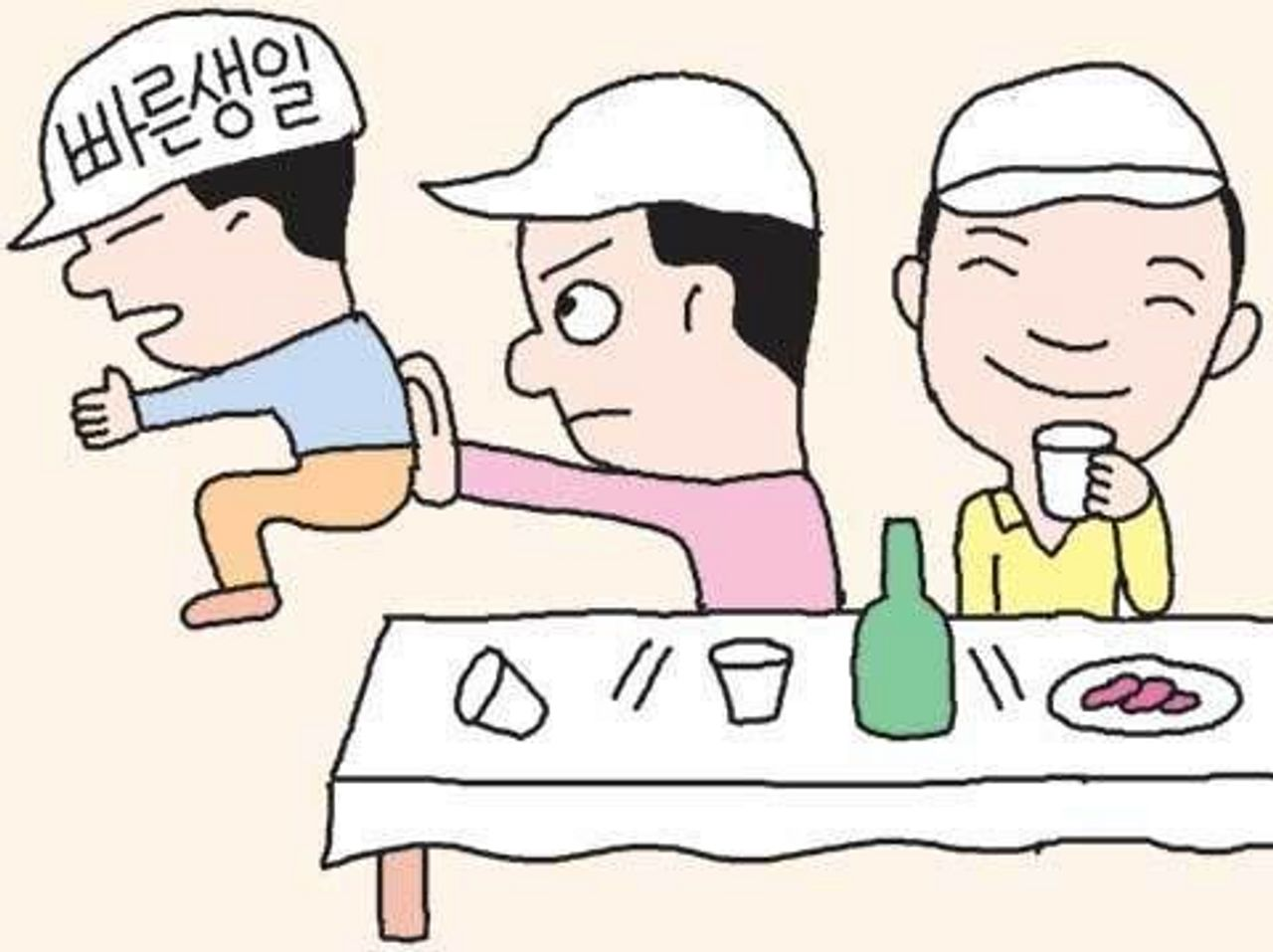
Because Koreans are considered minors until they turn 19 in Korean age, the early birthday babies can't drink alcohol, go to clubs, have to go home on PC bang curfew and watch rated R movies in their first year of university.
They get to do all of those things when they turn 21 in Korean age.

This system of early birthday enrollment was terminated in 2009 due to chaos and confusion it brings among peers.
The termination law applies to children born in 2003 on after and only kids born between January 1 to December 31 in the same year can enroll in the same grade.
Issues On Calculation Methods
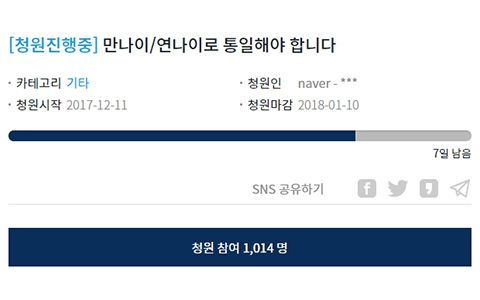
The voice to terminate all confusing methods of age calculation is emerging. The government petition website has a big petition for termination of these methods!
This petition wants to end all confusing methods of calculation and comply with the international system because it's confusing for citizens to know to use which method at what time and place.
This petition is a tight call for both parties. 2020's survey result reveals that about 46.8% want to keep the current methods while 44.0% would like to comply with the international system. Those who voted against the termination strongly believe that the Korean ways of calculating ages are already deep engrained within the society and there's no need to change them.
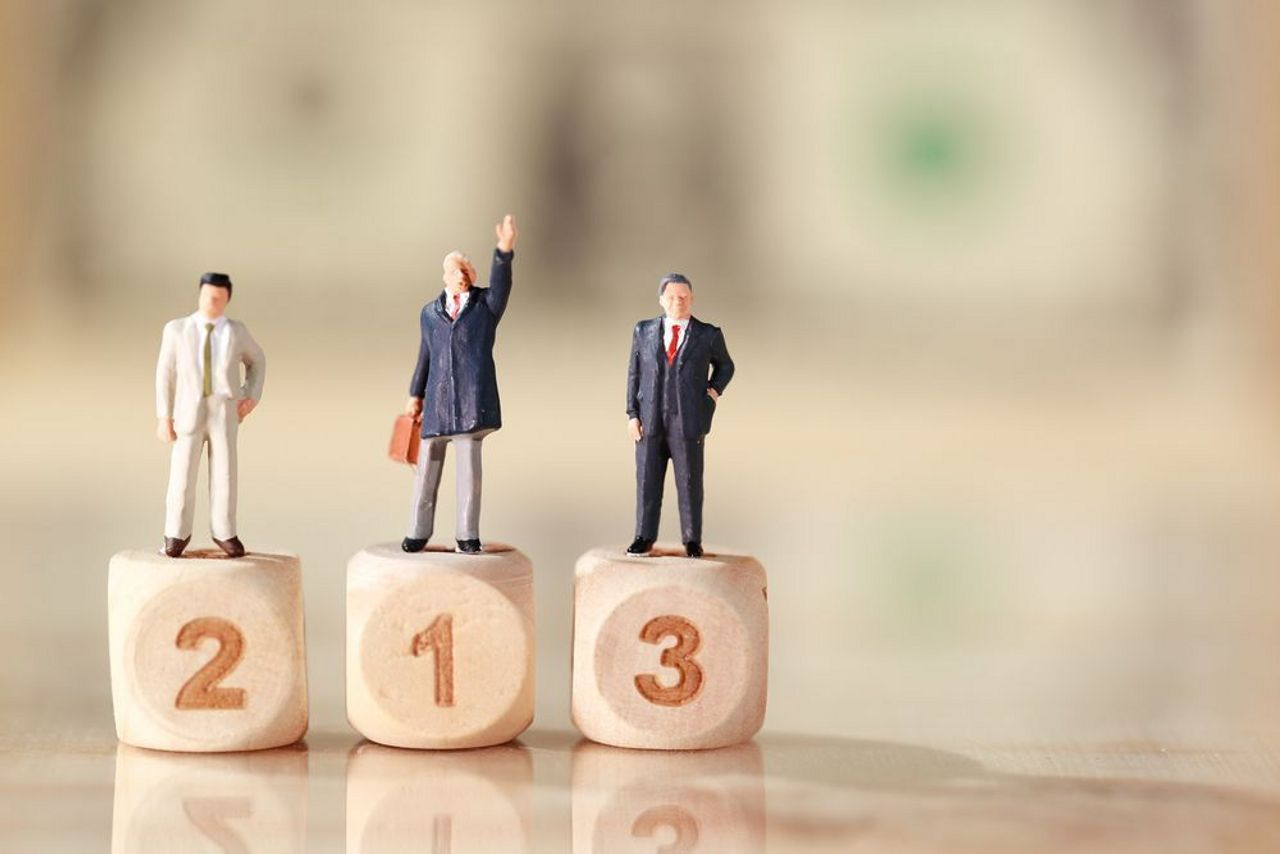
Furthermore, those against it believe that it will just cause more social chaos. This is reflected very well in the Korean language. Tones and sentence structures change according to the person(s) in conversations.
Even with people who are close to our age, we still have to address them as hyung, nuna, oppa or unnie. Many find it rude if someone younger than them ignores this rule of addressing.
Because of these reasons, the Korean ways of calculating age are not yet terminated by the government.
What did you guys think?
Would you be keen on knowing your Korean age or do you think it just brings more confusion into your life? 😆

